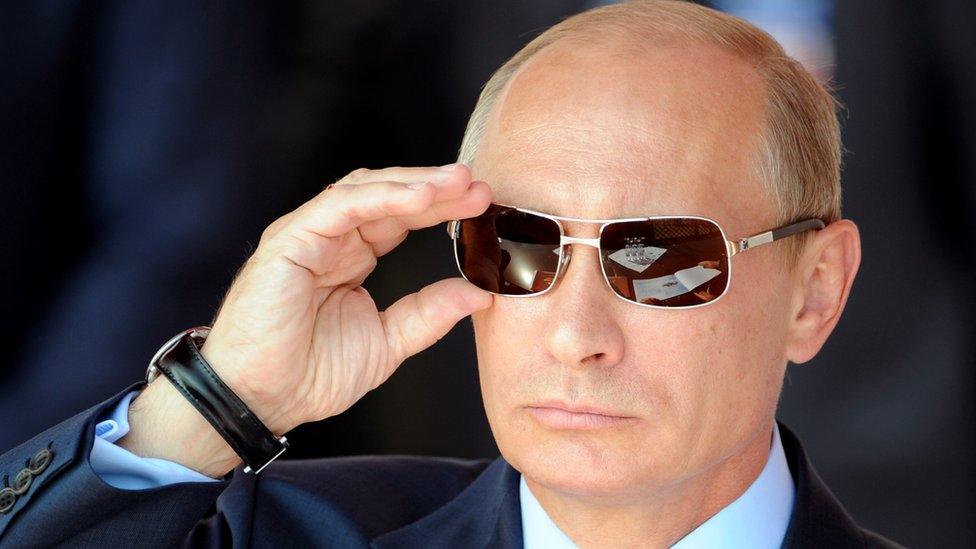EU referendum: What does Russia gain from Brexit?
- Published
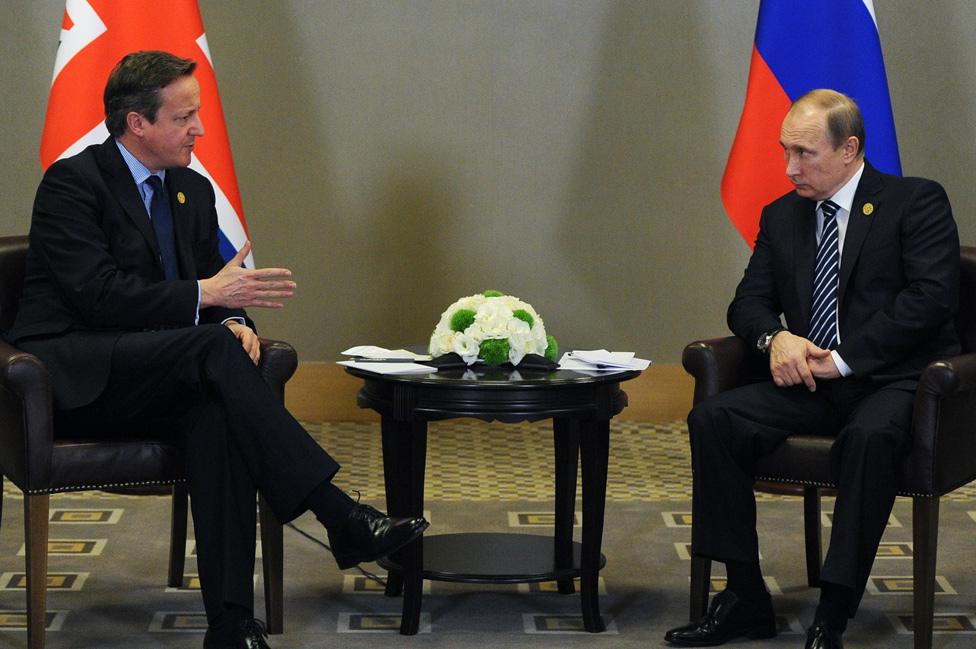
President Putin (right) may be relieved to see Mr Cameron quit 10 Downing Street
In the run-up to the UK's EU referendum, Russia became part of the debate.
The Remain campaign claimed that the Kremlin was secretly backing a Brexit to weaken the European Union. In the words of Prime Minister David Cameron, President Vladimir Putin "might be happy" if Britain left the EU.
So, is he? Is the Kremlin leader loving a Brexit?
Not publicly, at least.
On Friday, Mr Putin told journalists the referendum result brought "positives and negatives". He spoke about the negatives, including the unsettling effect on financial markets.
But what are the "positives"? What does Russia gain from a Brexit? My thoughts:
No place like home (and no president like Putin)
The UK and EU have been plunged into economic uncertainty. What will happen? Will the UK break apart? Will other EU member states push to leave?
In the coming weeks, expect Russian state media to contrast post-referendum upheaval and uncertainty abroad with a picture of "stability" back home and images of a "strong" President Putin at the helm.
Ahead of parliamentary elections later this year, such coverage could boost the party of power, United Russia, and the president himself. Good for the ratings!

Russia's ruling party uses rallies to project a sense of national unity
Schadenfreude
The EU imposed sanctions on Russia because of Moscow's intervention in Ukraine. Now, with Brexit, the EU is under huge pressure. As expected, Russian schadenfreude - gloating over another's woes - is in plentiful supply.
"It's no joke. The pound is the new rouble," commented one state TV presenter on Friday as sterling was on the slide.

In anger over sanctions Russia stopped importing most EU food and drink items
Konstantin Kosachev, the head of the upper house of parliament's foreign affairs committee, admitted to Life TV: "Considering our difficult relations with the EU, there is a temptation to gloat over the EU's misfortunes."
But Mr Kosachev himself resisted the temptation. He pointed out that the EU remains Russia's largest trading partner.
"If the EU falls apart at the seams," he warned, "this will affect our trade relations".
Goodbye to sanctions?
Moscow's Mayor Sergei Sobyanin believes Russia wins from Brexit.
"Without the UK in the EU, there will no longer be anyone so zealously standing up for sanctions against us," he tweeted.
"Of all EU states, Britain has been the most aggressive towards Russia," writes political analyst Alexei Mukhin in the tabloid Moskovsky Komsomolets. "It has always criticised us and tried to harm us economically, financially and politically. Brexit will make the European Union more friendly towards Russia."
Wishful thinking, perhaps. The UK has not been the only EU state taking a hard line with Russia. Poland, Sweden and the Baltic states have been too.
Hello to a new (pro-Moscow?) prime minister
There is currently no love lost between Number 10 Downing Street and the Kremlin. David Cameron said Vladimir Putin backed a Brexit. Mr Putin accused David Cameron of organising the EU referendum "to blackmail Europe".
Following Mr Cameron's resignation, Mr Putin's spokesman said he hoped that "in the new reality, the understanding of a necessity to build good relations with our country will prevail". (In other words, "let's hope the new PM likes us more".)
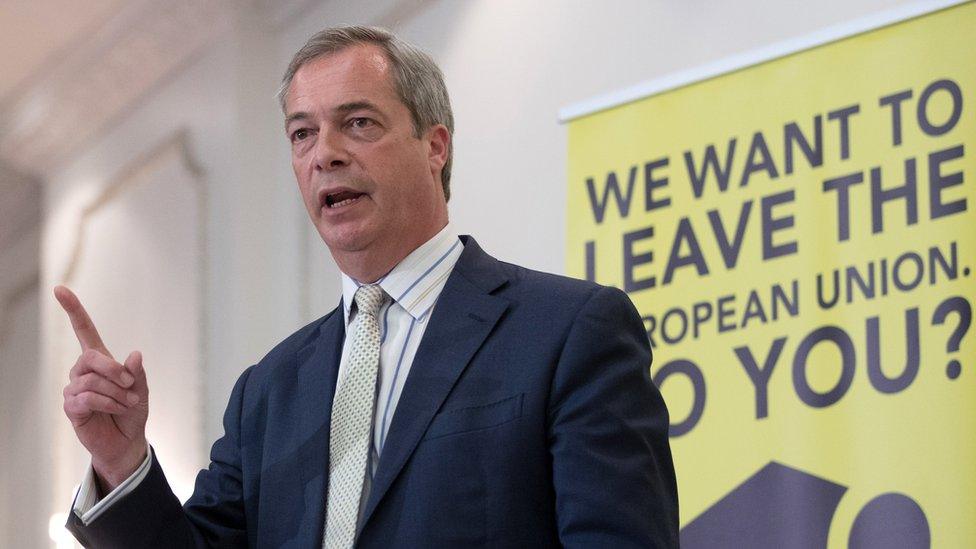
Nigel Farage - a leading Brexiteer - condemned EU policy towards Russia
Leading Brexiteers have called for better relations with Russia. Six months ago, Boris Johnson urged Britain to work more closely with Russia in fighting so-called Islamic State in Syria.
He concluded: "It is just not true that whatever is good for Putin must automatically be bad for the West".
The Kremlin will have taken note.
- Published19 June 2016
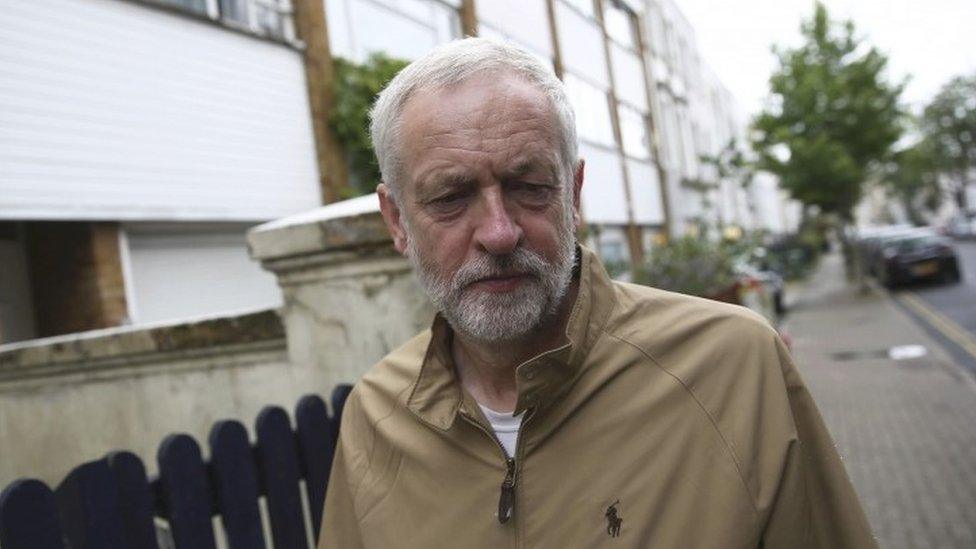
- Published29 June 2016
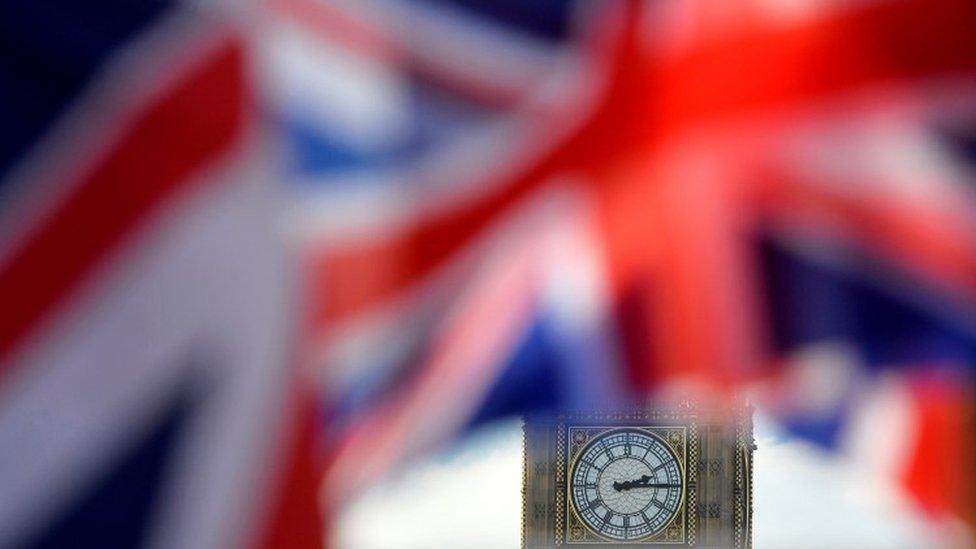
- Published7 June 2016
